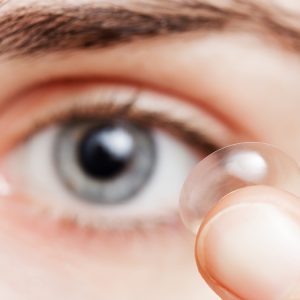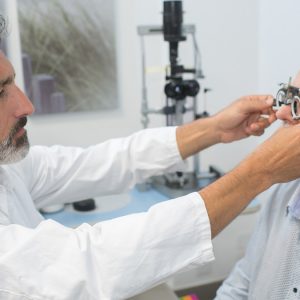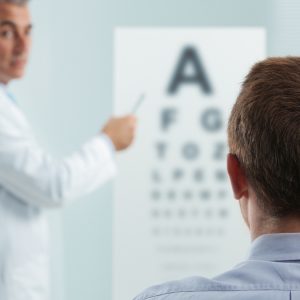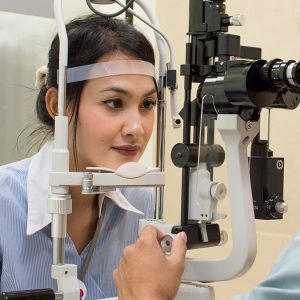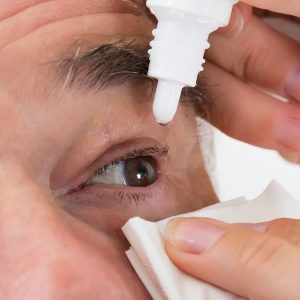General
Are contacts bad for your eyes?
Did you know that roughly 45 million Americans wear contacts? Contact lenses revolutionized the eye care industry in the 1950s and have grown in popularity with each stage of development.
Read MoreHow common is blindness in diabetes?
Are you worried about going blind with diabetes? Not sure if you’re at risk of vision loss? Many diabetic patients experience some form of retinal damage, but the severity varies by age and other factors. Let’s explore the causes, prevalence and treatment for blindness in diabetes.
Read MoreWhat causes glaucoma in the eyes?
Glaucoma is relatively common, especially in senior adults. The effects of glaucoma cannot be reversed, so it’s important to catch this condition early on. By understanding the causes of glaucoma, you can be better prepared for treatment and prevention.
Read MoreHow long does it take to get 20/20 vision after LASIK?
LASIK is a safe and standard procedure for vision loss. Most patients report that the procedure’s outcome exceeded their expectations due to significantly better vision.
Read MoreWhat causes poor eyesight in toddlers?
Eyesight develops from infancy until around the age of ten. When you’re firstborn, you don’t have 20/20 vision. Some children are born with vision issues due to poor genetics, while others develop eye problems during childhood.
Read MoreWhat questions should I ask my eye doctor?
Whether you’re going to your first eye appointment in years or you see the eye doctor every year, there are important questions to ask during your exam.
Read MoreWhat kind of doctor do you see for diabetes?
If you’ve recently been diagnosed or think you may have diabetes, there are many resources you can turn to. Primary care doctors mostly manage diabetes treatment, but other specialists treat select side effects. Here is an overview of the professionals you may encounter in your journey.
Read MoreCan you check your own eye pressure?
If you’ve ever had a comprehensive eye exam, chances are your eye doctor checked your eye pressure. This part of the exam allows your doctor to look for signs of optic nerve damage, which could ultimately have an effect on your eyesight. Your eyes are…
Read MoreWhat time of day is eye pressure highest?
High pressure of fluid in the eye can lead to problems with your vision, and most of the time, it’s associated with glaucoma. There are common causes of high eye pressure, and even the time of day can affect it. Thankfully, there are ways to treat it.
Read More
